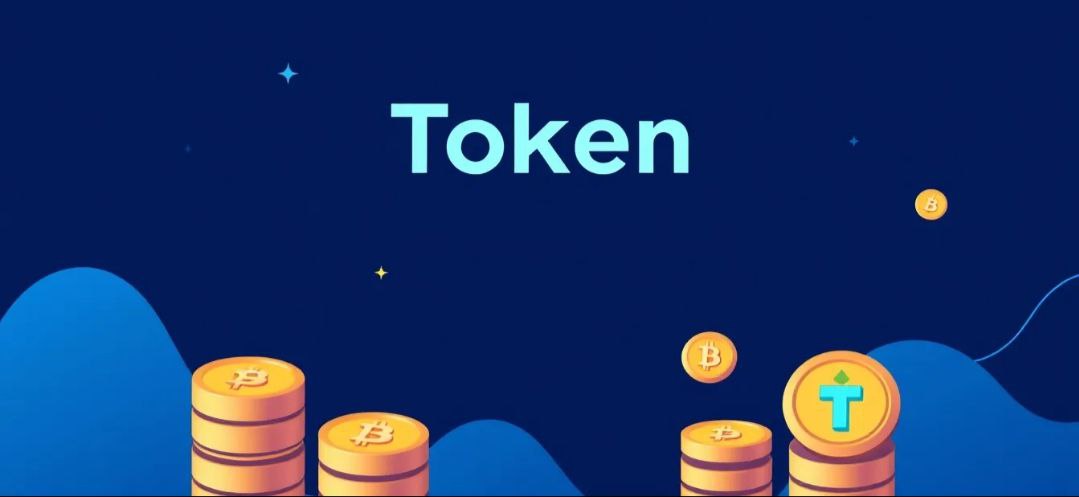🔗 Understanding Tokens and Smart Contracts: The Future of Digital Transactions

Tokens and smart contracts are revolutionizing the way digital transactions are conducted. They have become essential components of blockchain technology, enabling secure and efficient exchange of digital assets. Tokens, in the context of cryptocurrency, represent a wide range of assets or utilities. They can signify a unit of value, a stake in a company, a voting right, digital identity, and more. For example, Ethereum's ERC-20 standard has paved the way for numerous tokens to be created and utilized within the Ethereum ecosystem. These tokens are used for various purposes such as decentralized finance (DeFi), gaming, and non-fungible tokens (NFTs). Smart contracts, on the other hand, are self-executing contracts with the terms of the agreement between buyer and seller being directly written into code. These contracts automatically enforce and facilitate the negotiation or performance of an agreement, providing a tamper-proof and transparent way to exchange assets without the need for intermediaries. By combining tokens and smart contracts, new business models and decentralized applications (dApps) have emerged. One popular example is decentralized exchanges (DEX), where trading occurs directly between users through the use of smart contracts, offering a more secure and efficient alternative to traditional centralized exchanges. Overall, tokens and smart contracts have significantly expanded the capabilities of blockchain technology, offering a more secure, transparent, and automated way to conduct digital transactions. As the development in this space continues, their impact on various industries, including finance, supply chain management, and digital identity, is expected to grow even further, shaping the future of digital transactions..
HASHTAG: USDT TRC20, staking, exchange ton, listing, aidrop 2025, dAPP, Blockchain ETH
NEWS: TOKENNEWS
Back